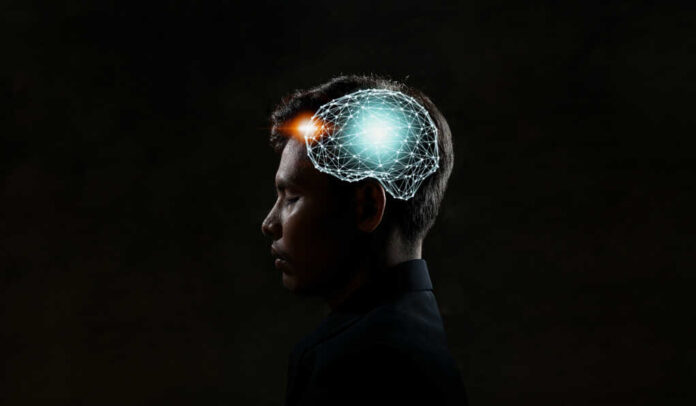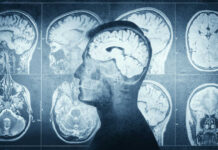
A digital illusion that places your face on a child’s body can crack open hidden childhood memories with a clarity that feels almost supernatural.
Story Snapshot
- Adopting a digital childlike avatar triggers vivid recollections of forgotten events.
- Scientists link bodily self-perception with the brain’s ability to retrieve autobiographical memories.
- This discovery hints at new techniques for treating memory loss and trauma.
- The findings challenge what we thought possible for reconstructing the past.
Childhood Memories Unlocked by Digital Illusion
Researchers have found that when adults see their own face digitally mapped onto a child’s body, their brains respond by surfacing memories long considered lost. The technique relies on immersive technology to create an altered sense of self, leveraging the power of visual embodiment. Participants reportedly accessed not just hazy recollections, but detailed memories—smells, sounds, and emotions associated with events decades past. The study’s architects believe this happens because the brain’s autobiographical recall is tightly coupled with how we perceive our bodies in the present. This finding raises the stakes for therapy and neurological research, suggesting that identity manipulation could be a key to unlocking the deep vaults of memory.
George McInerney finds this interesting 👍 Scientists find mind trick that unlocks lost memories https://t.co/2N4Y2Fgo6v
— George McInerney (@gmcinerney) November 4, 2025
The Science Behind Embodiment and Autobiographical Recall
The link between body perception and memory is not entirely new, but this research advances the argument with compelling evidence. Scientists utilized advanced facial mapping and virtual reality to create lifelike avatars, reinforcing the illusion with real-time feedback. Participants reported profound shifts in how they felt about themselves, which in turn unlocked memories that had previously resisted all attempts at retrieval. The process appears to activate neural pathways associated with identity and time, bridging the gap between past and present in a way that standard recall techniques cannot. The study’s authors argue that this method may also explain why some people experience vivid flashbacks triggered by seeing childhood photographs or returning to childhood homes—physical cues are deeply entangled with memory networks.
Watch: Scientists Discover Mind Trick to Unlock Lost Childhood Memories
Therapeutic Potential and Ethical Challenges
Therapists are closely watching these developments, envisioning practical applications for patients struggling with memory deficits or unresolved trauma. Reconstructing forgotten experiences could help individuals process lingering emotions, reframe formative events, or even recover crucial details for legal and medical purposes. At the same time, ethical concerns loom. Manipulating identity, even temporarily, can produce emotional shocks or disorientation. The risk of implanting false memories is real, and researchers stress the need for rigorous safeguards and further study before widespread adoption.
Sources:
https://studyfinds.org/digital-illusion-helps-adults-recall-childhood-memories/
https://www.psypost.org/a-simple-illusion-can-unlock-your-childhood-memories-according-to-new-psychology-research/


















